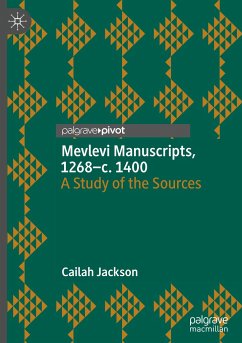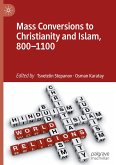This book provides a detailed and carefully researched catalogue of over 140 manuscripts related to the Mevlevi Sufis in their formative period during the thirteenth and fourteenth centuries. It also offers an in-depth and rigorous analysis of the manuscript material, which reveals much about the role of manuscripts in early Mevlevi life, the identity of disciples who were scribes and manuscript owners, and the geographical spread of the Sufi group. The Mevlevi Sufis were one of the most important and prominent socio-religious groups to emerge in late medieval Anatolia, following the Mongol conquests of the 1240s. Sometimes known colloquially as the 'whirling dervishes,' the Mevlevis became particularly powerful under Ottoman rule in the early modern period, even counting some sultans as their disciples. However, there is still much to learn about their earliest days, following the death of their 'patron saint' Jalal al-Din Rumi in 1273. Rumi is of course also notable as the authorof the Masnavi, an extensive work of Sufi poetry written in rhyming couplets that is the core of Mevlevi ritual and learning. Beyond Mevlevi circles, Rumi remains very popular today as a 'mystic' poet. This study sheds new light on the intellectual culture of his time.
Bitte wählen Sie Ihr Anliegen aus.
Rechnungen
Retourenschein anfordern
Bestellstatus
Storno








